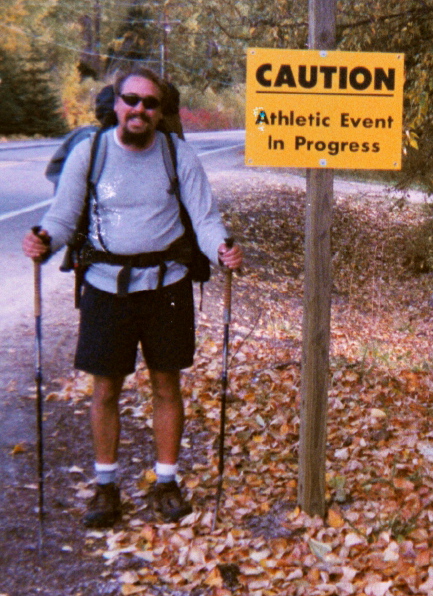Under current federal policy, farmers receive “direct payments” each year, no matter what crops they grow or how they grow them. A multifunctional approach would build on and rechannel those payments, along with other crop-support subsidies, toward sustainable social and conservation goals. “Instead of tying payments to crops and yields, we should tie them to the services that farmers provide for the public.” In the past, “public services” has meant cheap food at the supermarket, but Dobbs believes it is time to rethink the whole idea. “Pay farmers to reduce synthetic fertilizers and pesticides. Pay them to enhance wildlife, diversify their crops, build soil, and restore wetlands. Pay them to develop local markets for their products, especially fresh food.”
Dobbs is skeptical about the ethanol boom. “I just don’t think it is an economically viable approach to our energy problems.” And he is suspicious as well of the long-term impact of converting thousands of acres of marginal land to the production of energy crops. “We may end up undoing decades of good conservation work if farmers are encouraged to take land out of uses that enhance conservation and put it into ethanol crops.” But in theory, he believes that using farms to support wind, solar, and other alternative-energy programs is well within the framework of multifunctionality. Those are the carrots.
He is also prepared to use a stick. “If farmers want to plow native prairie, they should not be in the program. If they want to grow single-crop monocultures without rotation and play the commodity market, that’s their right, but the government should not pay for it. If they pollute, charge them to clean it up. Don’t use public money to pay large hog-confinement operations to build expensive waste ponds. That should be part of the cost of doing business.”
The tenets of multifunctionality are already at work in Europe. The United Kingdom has folded the services of its old agriculture ministry into a new Department of the Environment, Food, and Rural Affairs. But don’t expect a breakthrough soon in the United States.
It is a good article.



No comments:
Post a Comment